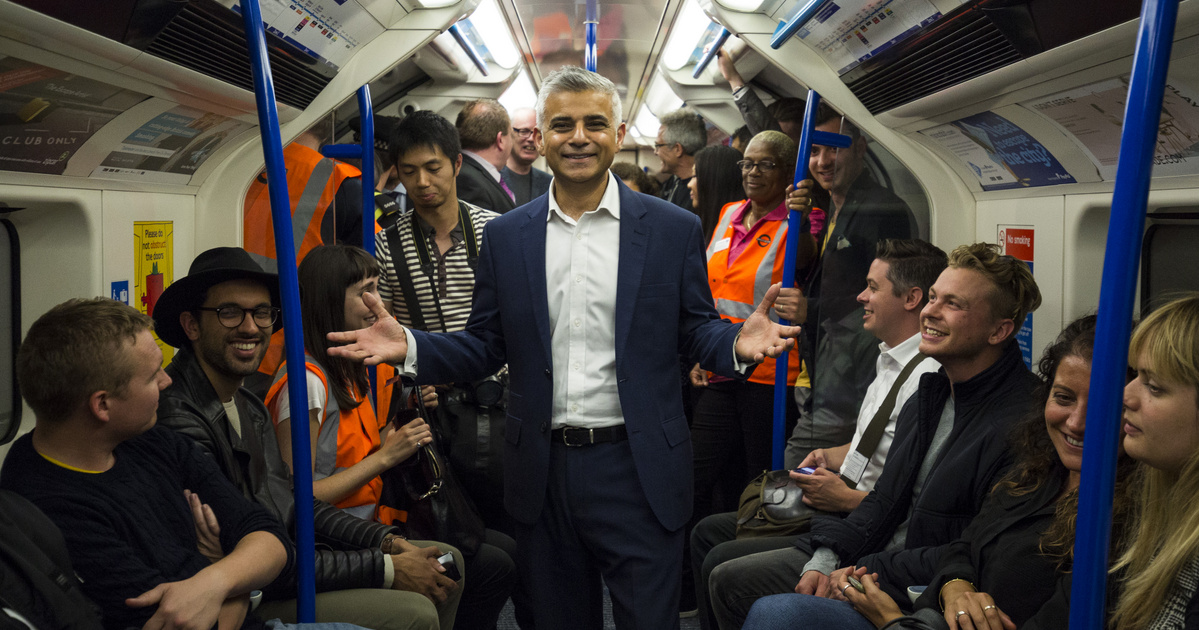On the seventh anniversary of Britain’s EU membership referendum, Mayor of London Sadiq Khan has published an open letter to the more than one million EU citizens living in the British capital of nine million.
Khan – who represents Britain’s largest opposition force, the Labor Party, at the head of London City Council – said he was deeply grateful that “Union Londoners kept their faith and continued to call London their home” despite the “terrible doubts” surrounding the ability to obtain residency. Always.
In addition, he added, the Tory government was using “anti-immigration rhetoric” and using EU citizens living in Great Britain to improve its negotiating position.
According to the Mayor of London, EU citizens living in London are an essential part of London’s identity, history and future, who always defend their rights. Sadiq Khan said that’s why
It also joins calls for granting EU citizens living in Britain the right to vote in British parliamentary elections
MTI Books.
You can vote in local and mayoral elections, and it would be convenient if you also had a say in who makes the laws that apply to you.
– says the Mayor of London in his open letter.
Seven years after Brexit, my message to European Londoners: Thank you for staying.
As long as I am the mayor of your country, I will do everything in my power to ensure that London continues to be a beacon of progressive ideas and values - a place where you feel welcome and proud of your home. 🇪🇺pic.twitter.com/qQfQk31uoB
– Sadiq Khan June 23, 2023
This proposal was recently endorsed by another high-ranking representative of the Labor Party. Jonathan Reynolds, the candidate for Labor shadow minister responsible for business, said a few weeks ago on the BBC’s Sunday political magazine programme:
In the Labor Party view, there are arguments in favor of those who live in Great Britain and contribute to the country’s growth, to be able to be part of the working process of British democracy.
Reynolds added that discussions were ongoing within the Labor Party on the issue as part of the development of the election programme.
Citizens of EU member states who live legally in Great Britain are required to register on the British Electoral List, just like British citizens, but can currently only vote in British local government, Welsh and Scottish legislative elections, and not in Great Britain’s national parliamentary elections.
The only exception to this is Irish citizens living in Great Britain, due to the two countries’ shared history that goes back centuries.
Great Britain left the European Union on January 31, 2020, after a slim majority of 51.89 percent voted to leave the European Union in a referendum held just seven years ago.
However, within the national average, Londoners – with 70 percent participation – voted 60 percent for Great Britain to remain a member of the European Union.
Seven of the 10 national constituencies that voted to remain in the highest proportion were London, and some areas of the British capital – including Hackney, Lambeth and Haringey – voted for more EU membership at a rate of over 75%.












































